选择热点
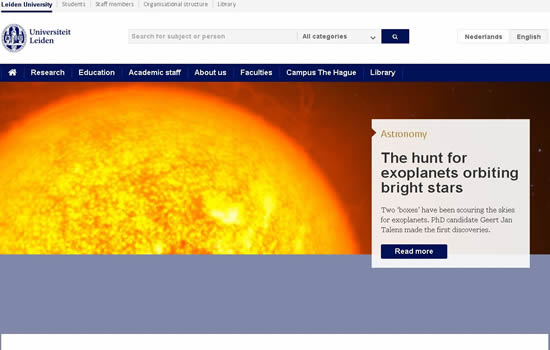 荷兰莱顿大学
荷兰莱顿大学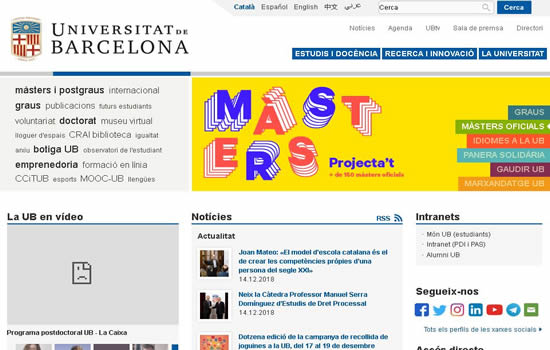 西班牙巴塞罗那大学
西班牙巴塞罗那大学 巴西圣保罗大学 University of Sao Paulo, Brazil
巴西圣保罗大学 University of Sao Paulo, Brazil 台湾南华大学 University of South China in Taiwan
台湾南华大学 University of South China in Taiwan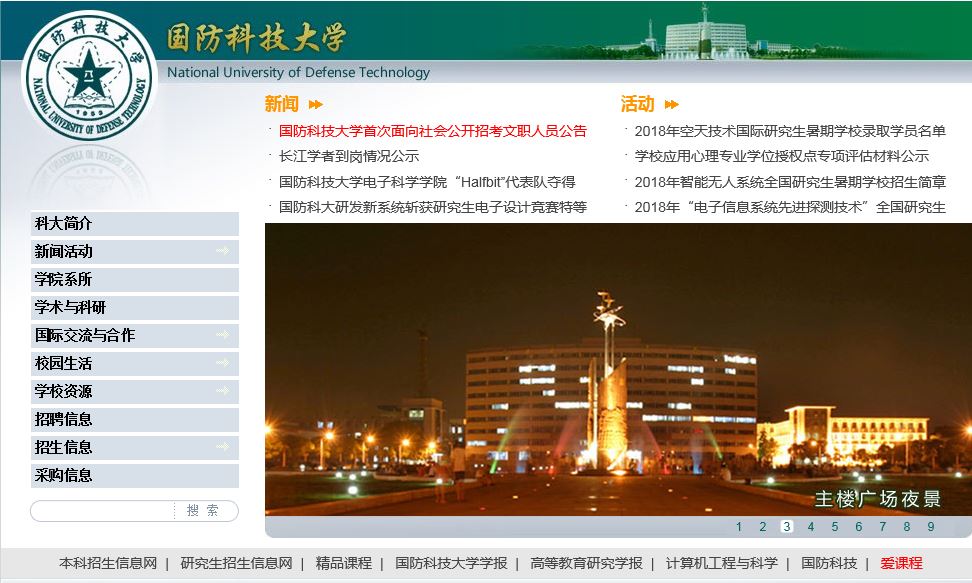 科技大学 National University of Defense Technology
科技大学 National University of Defense Technology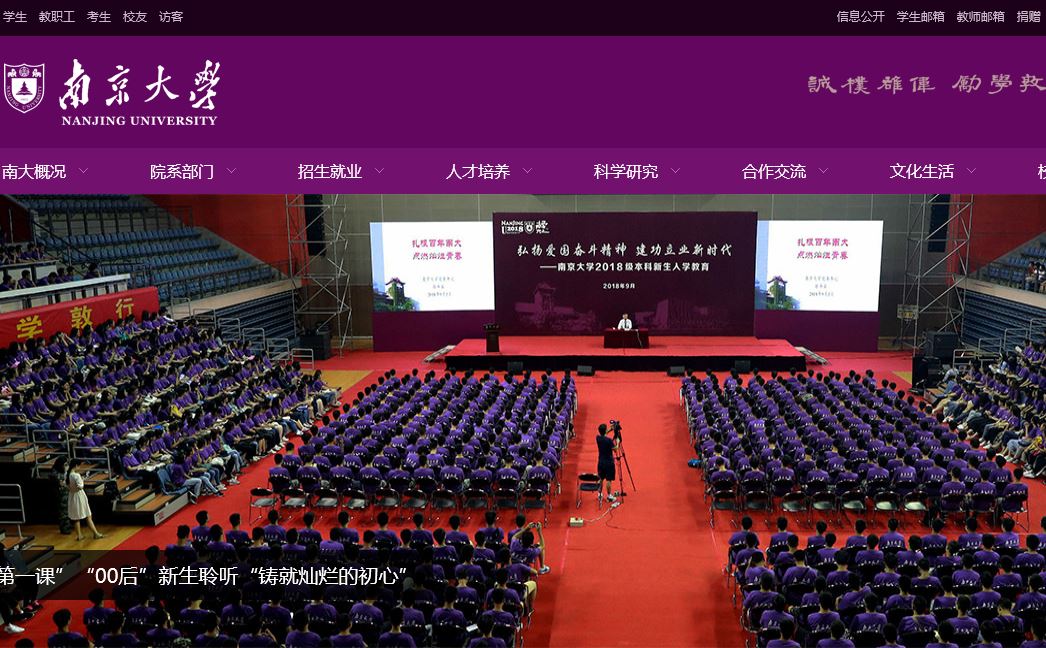 南京大学 Nanjing University
南京大学 Nanjing University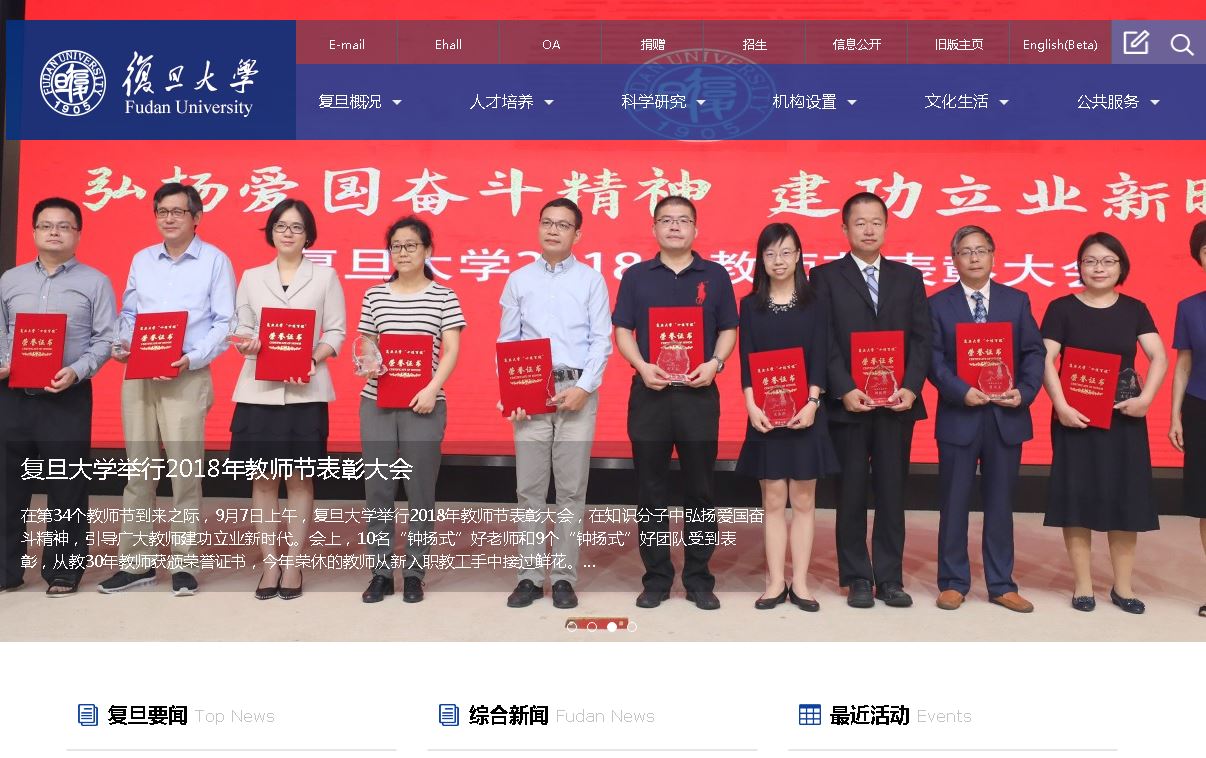 上海复旦大学 Fudan University
上海复旦大学 Fudan University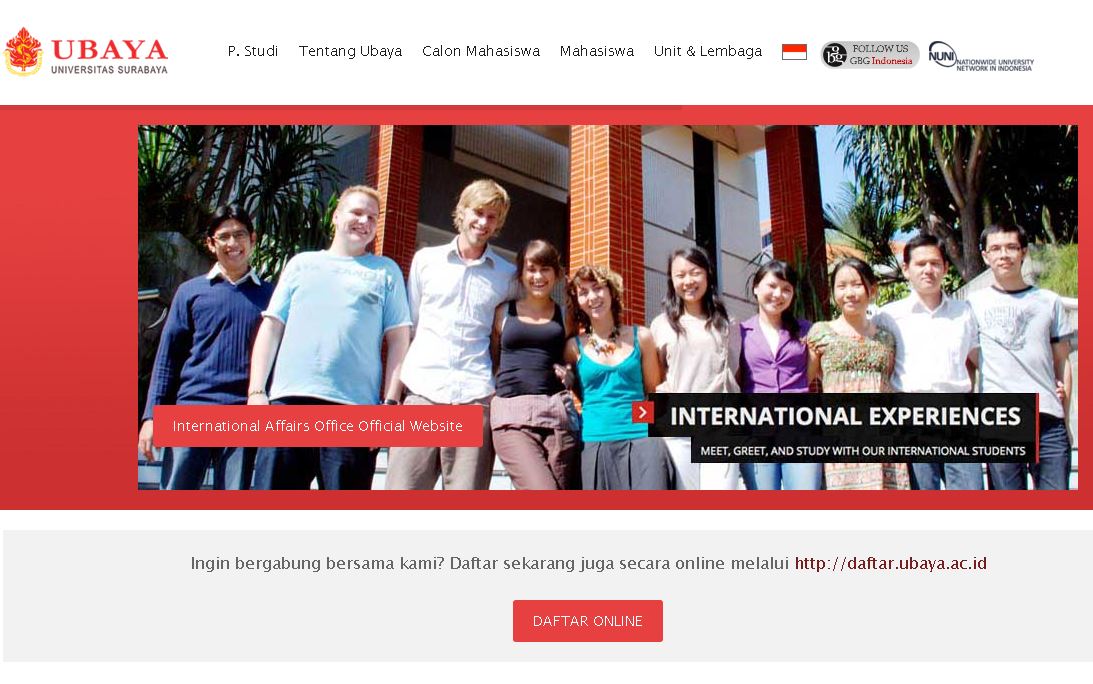 泗水大学(Ubaya)
泗水大学(Ubaya)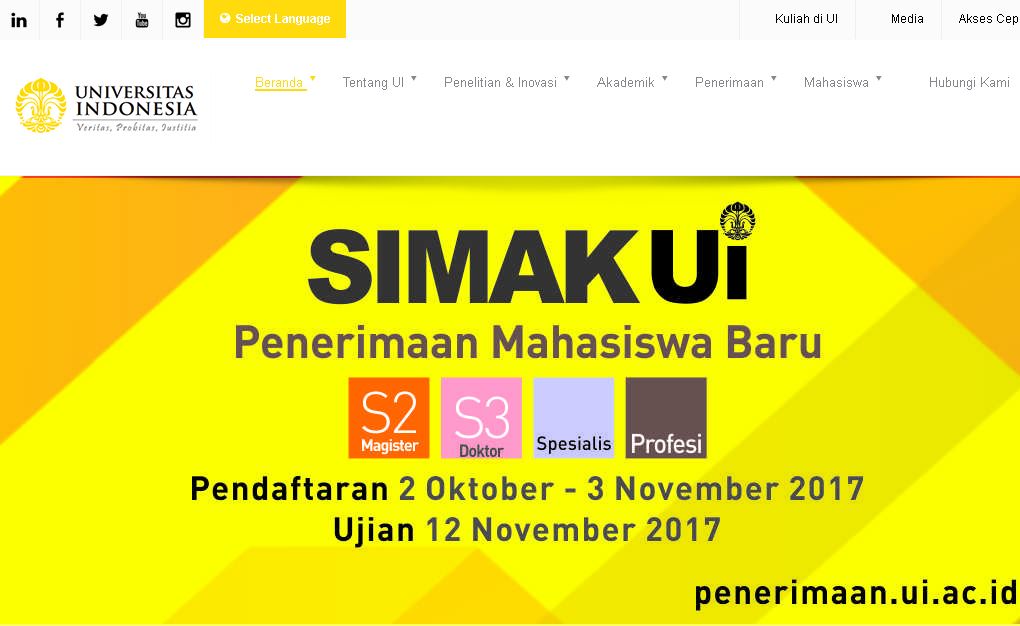 印尼大学 universitas indonesia
印尼大学 universitas indonesia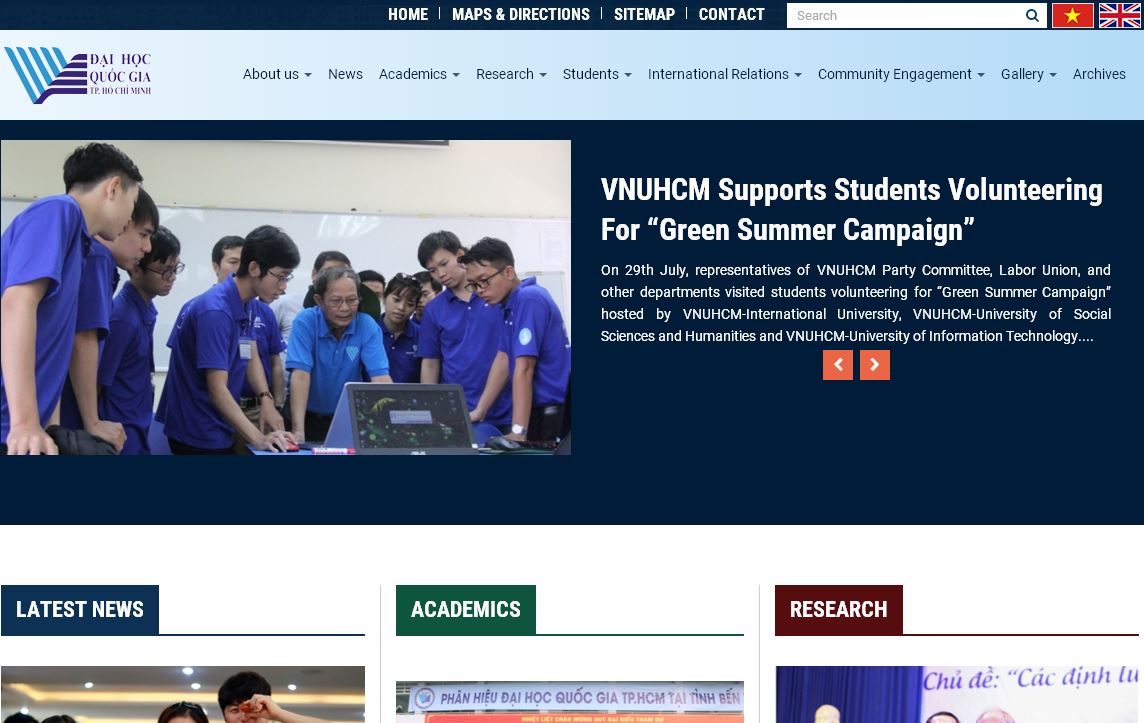 越南某大学 Vietnam National University
越南某大学 Vietnam National University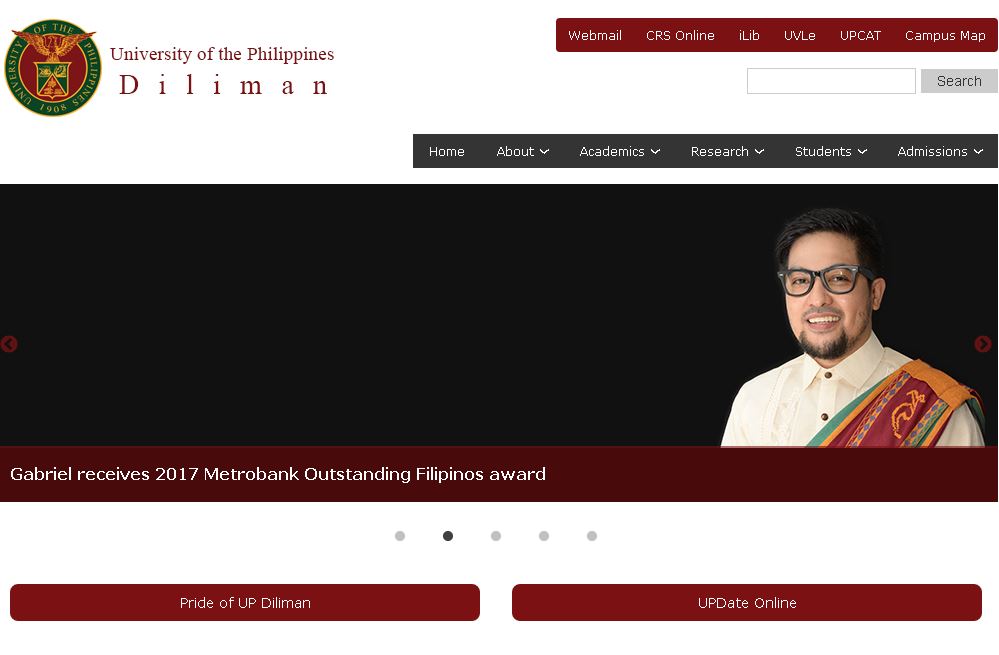 菲律宾大学 University Of The Philippines
菲律宾大学 University Of The Philippines
双语|现代散文:郁达夫 说开卷有益
发布时间:2025-01-06
来源:大学网站
OnReading Is Always Beneficial” 说开卷有益◎ Yu Dafu ◎ 郁达夫Reading is always beneficial”is an old idiom first used by our ancients to urge people to do more reading.I used to blame the ancients for misleading me whenever I finished reading a bad book.Now I know better than to do that.Of course we profit from a good book because,by reading it,we know why it is good.But,on the other hand,after reading a bad book,we know all the whys and wherefores of its being bad.Isn't that something of benefit to us too?
Confucius says,When three walk together,there must be one who can be my teacher.
”However,it does not necessarily follow that one of the three is always a teacher by positive example; on the contrary,he could be a teacher by negative example for us to take warning from.Therefore,that people nowadays have taken to reading whatever books they like,trashy or not,including those already generally judged to be good or bad,is probably an indication of social progress.
开卷有益,是古人奖励读书的一句成语。
从前读到一册坏书,读后每觉得为古人所欺;现在多了一点智识,反过来又觉得古人的不欺我了。
总之,好书读了,原有所得,就是可以知道它的好处在哪里,可是坏书读了,而知道它的坏的原因与地方,岂不也是一得?
从前孔子说的三人行,必有我师”之意,也不一定是从正的一方面着想,反过来在负的一方面,也何尝不可以为鉴戒。
因此,从前是非有定评之书不读的,现在却马勃牛溲,一例的都想看看了,这大约总也是一种进步的现象。
郁达夫,浙江富阳人,小说家、散文家,中国新文化运动代表人物之一。
1913年留学日本,入东京帝国大学经济学部学习,但却把主要精力投入文学方面。
1922年夏毕业后回国,与郭沫若、成仿吾等组织了创造社”,编辑 创造月刊 等多种文艺杂志,其间曾在北京大学、武昌大学、中山大学任教。
1937年参加抗日救亡运动,同年到南洋参加抗日活动,1945年被日本宪兵秘密杀害,年仅50岁。
在 说开卷有益 一文中,他大胆主张人们不应排斥看坏书,其用意是把坏书当作反面教材,从而提高人们的鉴别分析能力和免疫力。
【双语|现代散文:郁达夫 说开卷有益查看网站:[db:时间]】
Confucius says,When three walk together,there must be one who can be my teacher.
”However,it does not necessarily follow that one of the three is always a teacher by positive example; on the contrary,he could be a teacher by negative example for us to take warning from.Therefore,that people nowadays have taken to reading whatever books they like,trashy or not,including those already generally judged to be good or bad,is probably an indication of social progress.
开卷有益,是古人奖励读书的一句成语。
从前读到一册坏书,读后每觉得为古人所欺;现在多了一点智识,反过来又觉得古人的不欺我了。
总之,好书读了,原有所得,就是可以知道它的好处在哪里,可是坏书读了,而知道它的坏的原因与地方,岂不也是一得?
从前孔子说的三人行,必有我师”之意,也不一定是从正的一方面着想,反过来在负的一方面,也何尝不可以为鉴戒。
因此,从前是非有定评之书不读的,现在却马勃牛溲,一例的都想看看了,这大约总也是一种进步的现象。
郁达夫,浙江富阳人,小说家、散文家,中国新文化运动代表人物之一。
1913年留学日本,入东京帝国大学经济学部学习,但却把主要精力投入文学方面。
1922年夏毕业后回国,与郭沫若、成仿吾等组织了创造社”,编辑 创造月刊 等多种文艺杂志,其间曾在北京大学、武昌大学、中山大学任教。
1937年参加抗日救亡运动,同年到南洋参加抗日活动,1945年被日本宪兵秘密杀害,年仅50岁。
在 说开卷有益 一文中,他大胆主张人们不应排斥看坏书,其用意是把坏书当作反面教材,从而提高人们的鉴别分析能力和免疫力。
【双语|现代散文:郁达夫 说开卷有益查看网站:[db:时间]】
相关阅读
目录列表
资讯列表
英语资讯


共0条评论
网友评论温馨提示:您的评论需要经过审核才能显示,请文明发言!